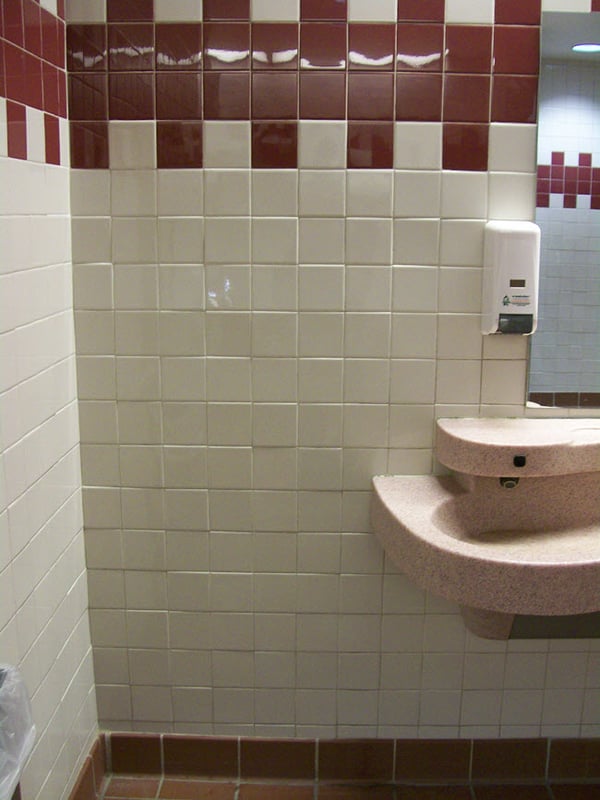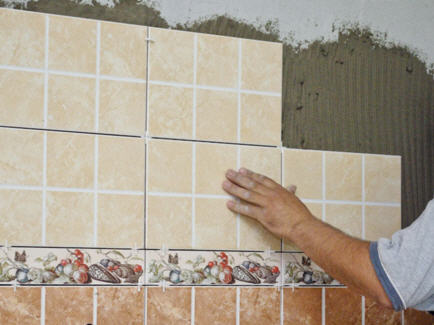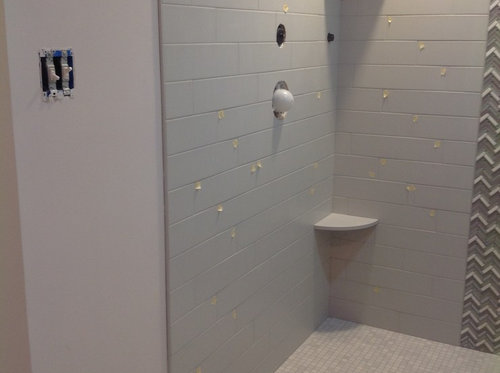Low areas on a surface can be built up with thinset mortar mixed with an additional aggregate of very coarse sand a few days before tile is laid.
Tiling wall fill low splots with thinset.
This will drive the tiles deeper into the mortar.
Using thinset to fill in low spots.
Is it ok to use thinset to adjust the slope and fill low spots even if it means skimming the entire surface to make adjustments.
Thinset tile mortar provides a very strong bond and is resistant to moisture and mold growth.
Mix the combination until it has the consistency of peanut.
You just mix the powder with water and pour to create a flat smooth surface.
Mix it very thin and runny so when you pour it it will run to the low spots.
Deep screed thinset over them to create a flat surface.
Need to make some adjustments in the shower pan pitch where i have flat spots and or low spots or the pitch is slightly off.
For really bad floors self leveling compound also called self leveling underlayment is a lifesaver.
This technique works best for.
Fill in the unbowed areas of the wall to bring them in line with the bow by floating extra thinset made extra sticky with the addition of an additive such as latex.
Lay a flat board over the tiles paying attention to the uneven spots and beat the board with a rubber mallet.
Mark your low spots with a level and use the self levelling mix.
This should be be done if you want to put a mosaic insert of thin glass tile 1 8 inch between thicker architectural tiles like 3 8 inch stone and ceramic and still have a flush surface.
How to use a thinset for leveling.
If more pressure is placed on low.
Tape a string down from one high point in the floor to another high point in the floor.
Pour thinset powder into a bucket and add water.
Thinset is also heatproof so it will not lose its grip in hot environments.
Because it is cementitious thinset is dimensionally stable it will not shrink or contract.










